Science Talk
With our Science Talk blog, we hope to lift the lid on the black box that is the ICR: to show you inside our labs, to introduce you to a few of the people here who make the discoveries, and to allow them to tell some of the stories behind the science. We try to put our discoveries in a wider scientific context, and give an idea of how our science is actually done. We also give you the view from the ICR of important developments in the wider world of cancer research.
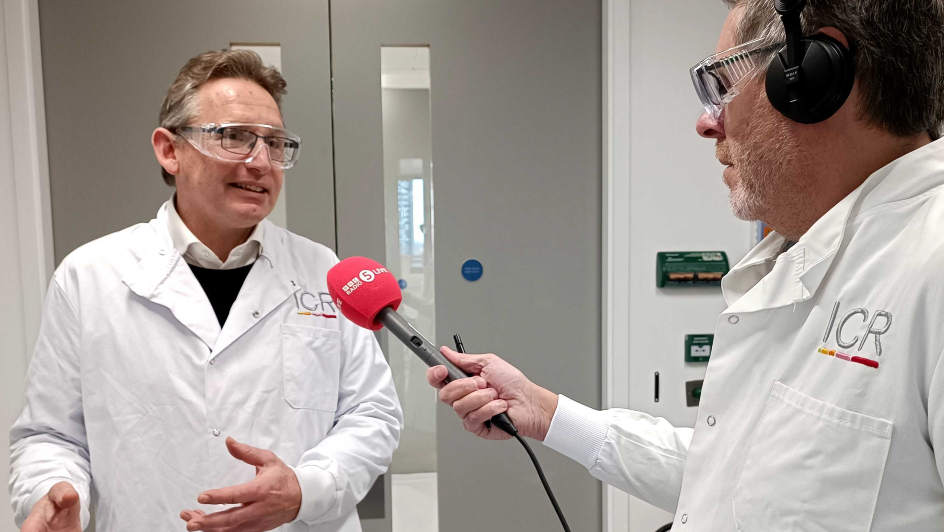
BBC Radio 5 Live Drive shares message of hope from ICR’s Centre for Cancer Drug Discovery
The Institute of Cancer Research, London, hosted a special live broadcast of the BBC 5 Live Drive programme on Monday 30 January from the Centre for Cancer Drug Discovery – dedicated to celebrating advances in cancer research and promoting the new live episode of the 'You, Me & the Big C' podcast. Diana Cano, Laura-Maria Horga and Ichha Khanal attended the broadcast and share some highlights.

“It’s not just about surviving, it’s about so much more” - Alfred’s story
When Alfred Samuels was diagnosed with advanced prostate cancer in 2012, it felt as if his world had fallen apart overnight. Doctors said surgery wasn’t an option for him because the cancer had spread beyond his prostate, and he started to lose hope. But then he joined a clinical trial and began treatment with abiraterone, a drug discovered and developed by our scientists, which is now extending the lives of thousands of men worldwide. Eleven years later, Alfred explains how he wouldn’t be here today without our research.
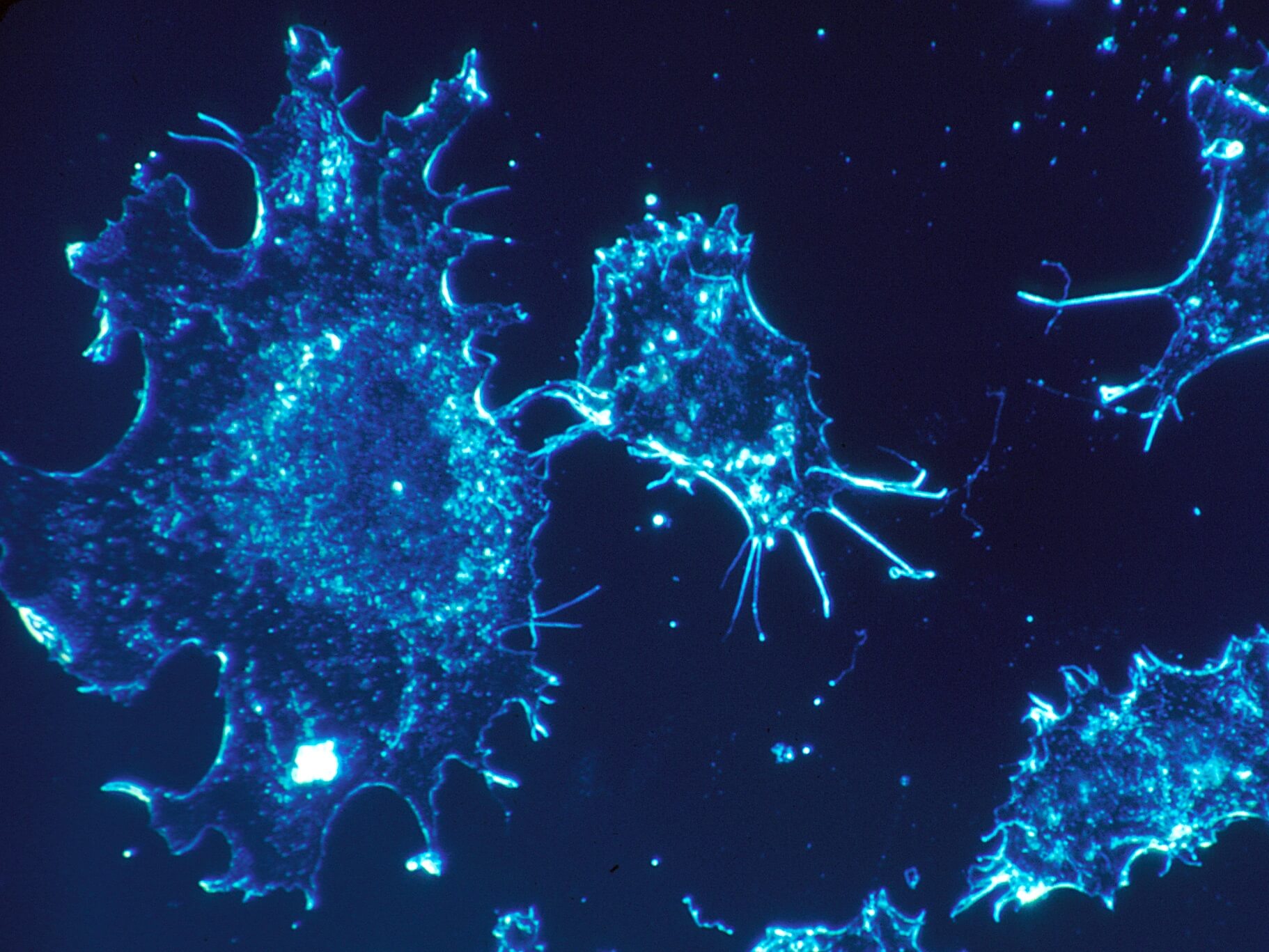
‘Probing’ the quality of compounds at the heart of biological research
Alisa Crisp and Professor Paul Workman explore a major online resource that provides biomedical researchers with expert advice on using the best reagents for their experiments.
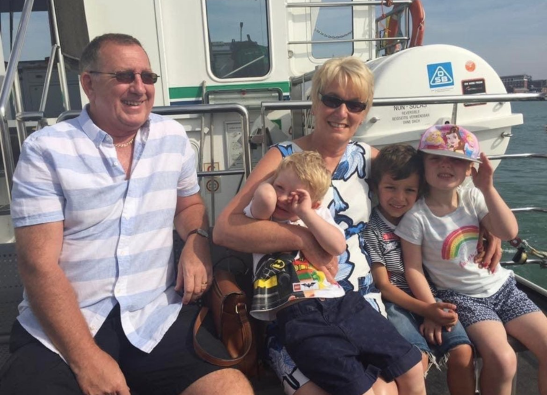
“I still have a lot of living left to do” - Sue’s story
When Sue Vincent learned in 2010 that her ovarian cancer had spread to three different parts of her body and was inoperable, she resigned herself to having only months to live. But then she was offered a place on a clinical trial for a pioneering drug called olaparib, the discovery and development of which was underpinned by our research. 12 years on, Sue is still taking olaparib, and explains how the work of our scientists has given her a quality of life she could only have dreamed about.
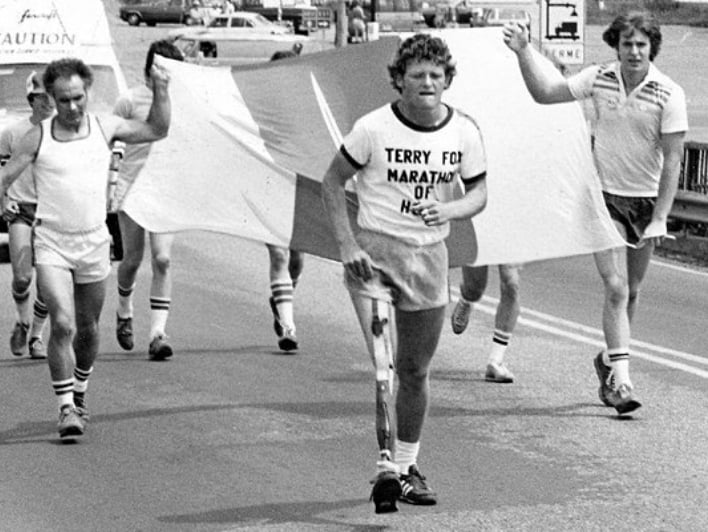
Who is Terry Fox?
While Terry Fox is a household name in Canada, his story may be new to some people in the UK. In this blog, our Digital Communications Officer Laura-Maria Horga shares the story of the Canadian hero whose legacy continues more than 40 years after his death.
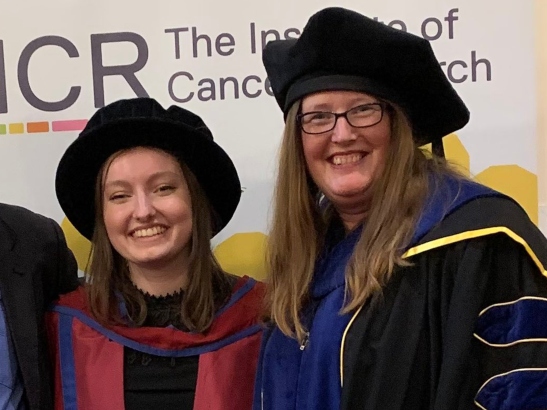
Proud moments for our postgraduate students as we celebrate graduation after three long years
Dr Barbara Pittam, Registrar and Director of Academic Services at The Institute of Cancer Research, London, celebrates the achievements of our students in the month they gathered to receive their degrees in person for the first time since the Covid-19 pandemic.
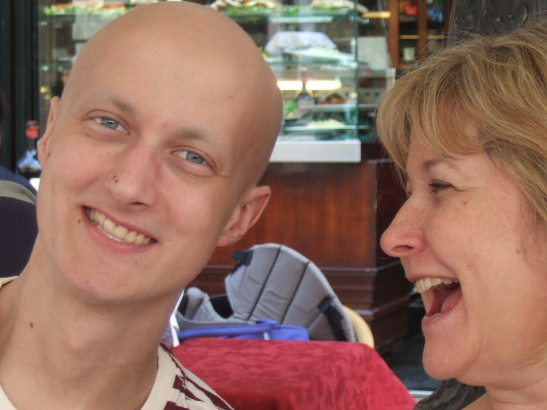
“Cracking on for Tom” – honouring the legacy of an inspirational young man lost to sarcoma
Ten years ago, 18-year-old Tom Bowdidge was diagnosed with desmoplastic small round cell tumour (DSRCT) – an aggressive type of sarcoma. DSRCT has a very poor prognosis and Tom died in 2013 after several months of “brutal” treatment. The ICR is working in partnership with the foundation set up in his name to find more effective and kinder treatments.
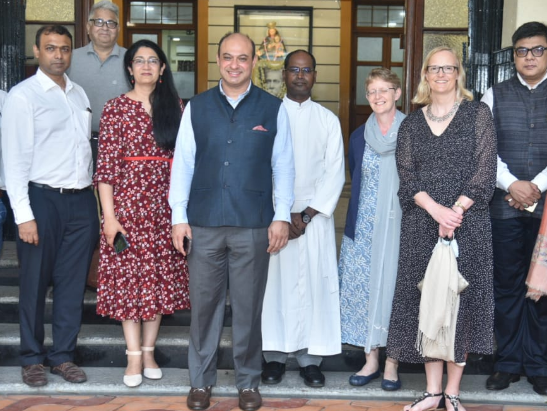
World Cancer Research Day: how international collaborations benefit the global cancer research community
The ICR is one of the world’s most influential cancer research organisations – making discoveries that have benefited many people with cancer in the UK and around the world. Laura-Maria Horga explores how the ICR’s researchers are harnessing international collaborations to help even more people.

“Knowing we helped – that will be Ollie’s legacy” – Sarah’s story of childhood cancer
The Ollie Young Foundation, which supports our world-leading research into childhood brain tumours, was set up in memory of Ollie, who died one day before his sixth birthday. Ollie’s mum, Sarah, tells us their story.
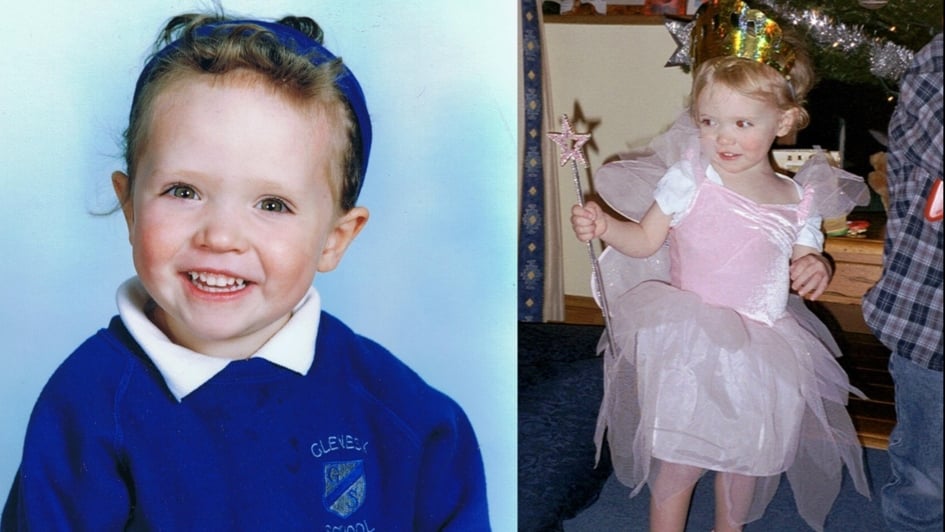
“For Abbie, cancer was just her normal life” – Mike’s story of childhood cancer
Mike Shaw tells us about the charity Abbie’s Fund, which supports our research into childhood cancer, and about the girl who inspired it all: Abbie Shaw.

ESMO 2022: Cancer researchers rendezvous in Paris
ICR scientists will be presenting at this years ESMO annual meeting. We take a look at some of the presentations.
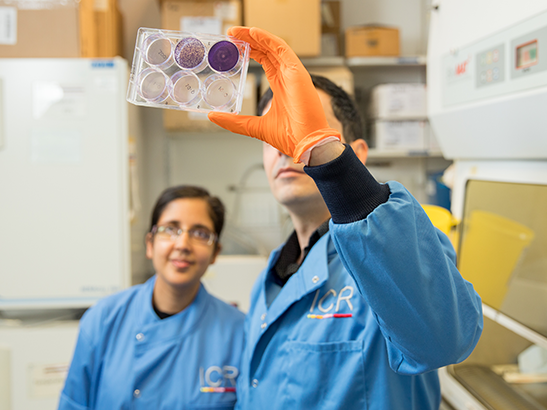
What are combination therapies for cancer treatment?
Combination therapies combine two or more different types of treatments for cancer patients. Hattie Hayeck interviewed Professor Chris Jones and Professor Udai Banerji to delve into some of the challenges and opportunities of combination therapies.

“I want to raise awareness of sarcoma” – Janine’s story
During Sarcoma Awareness Month, Janine tells us about her son, Harry, and why raising awareness of rarer cancers is so important.
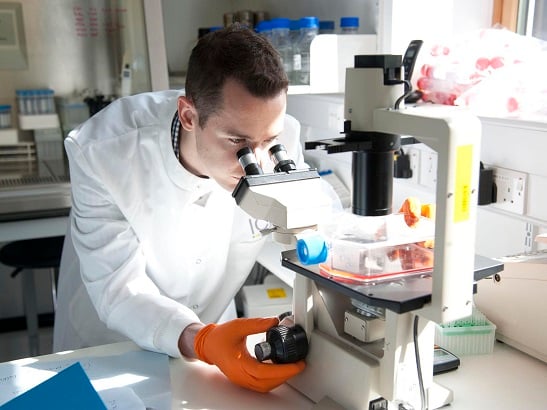
What is discovery science?
When cancer research hits the headlines, it’s often clinical trial results or a potential new test or treatment for patients. However, these breakthroughs would never be possible without earlier fundamental discoveries by scientists in the lab. Hannah Taylor Lewis takes a look at the role of discovery science in cancer research.
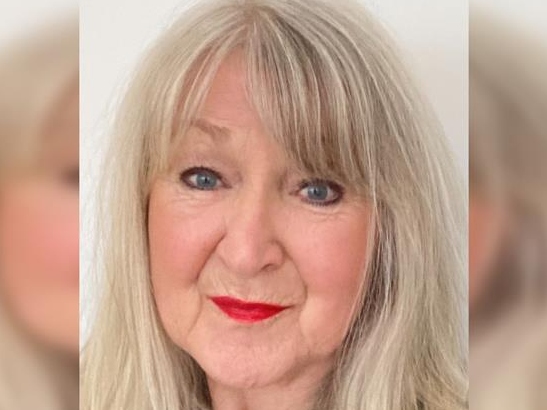
‘Immunotherapy is giving hope to cancer patients like me’: Alison’s story
Alison, 61, was diagnosed with advanced non-small cell lung cancer in 2018. After four years of treatment on a combination therapy of immunotherapy and chemotherapy, she has no cancer on her scans.
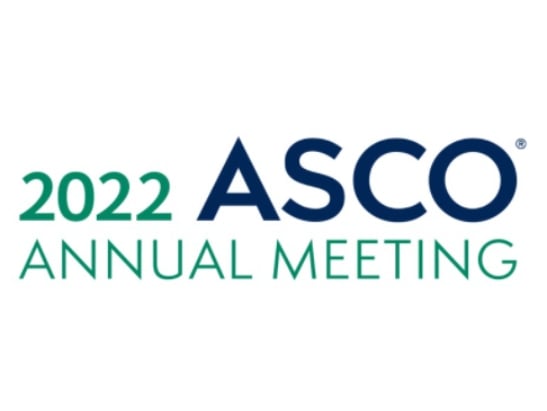
ASCO 2022: ICR researchers hit the headlines with innovative approaches to cancer treatment and care
The first in-person ASCO conference since the start of the Covid-19 pandemic took place in Chicago over the weekend. Many researchers from the ICR and The Royal Marsden presented their work in the form of talks or posters. Here we look back over some of our highlights of this year’s meeting.

ASCO 2022: Cancer researchers unite for in-person meeting
World-leading cancer researchers will be gathering in Chicago from 3 to 7 June for the ASCO Annual Meeting – the first to take place in person since the Covid-19 pandemic. We look ahead at some of the ICR’s research highlights that will be presented at this year’s meeting.
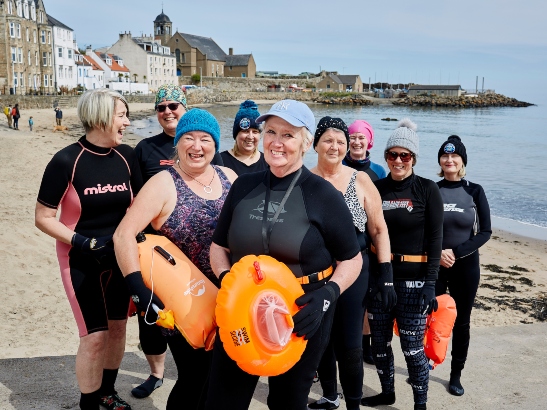
“Seven years ago I was told I had just months to live” – Karen’s story of living well with cancer
Karen, 59, was told she only had months to live when she was diagnosed with bowel cancer seven years ago. Now, she lives 'near normal life' on a combination of chemotherapy and the targeted drug cetuximab. Here she tells her story.
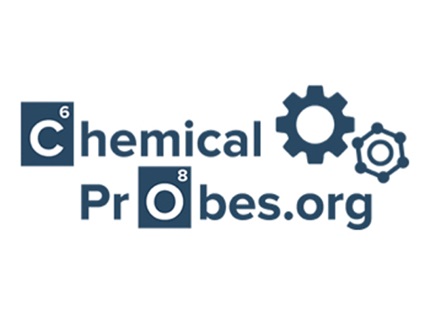
The Chemical Probes Portal: helping scientists find the right tools for their research
Chemical probes have become increasingly important in understanding protein function and drug discovery, but they vary in quality. Alisa Crisp spoke to the team behind the Chemical Probes Portal, who hope to change how scientists use these essential tools to improve the robustness of cancer research.
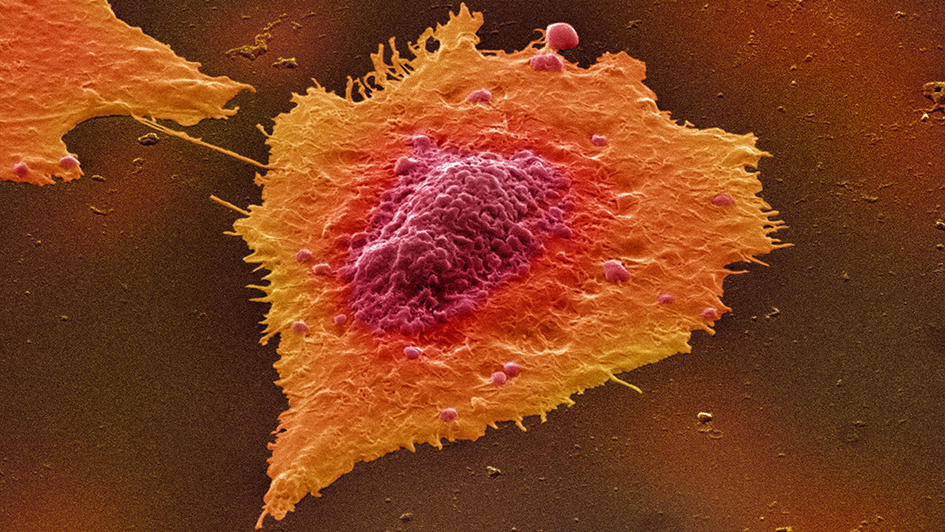
AACR 2022: Major cancer conference aims to decode cancer's complexity
With the 2022 AACR Annual Meeting kicking off later this week, Alisa Crisp, Diana Cano and Hattie Hayeck look at some of the pioneering research that will be presented by our researchers at the conference.